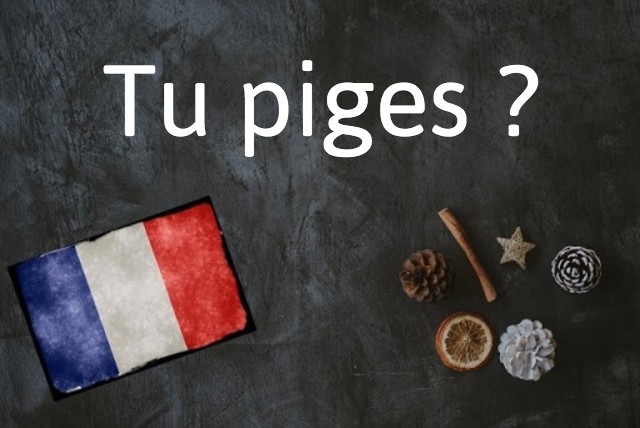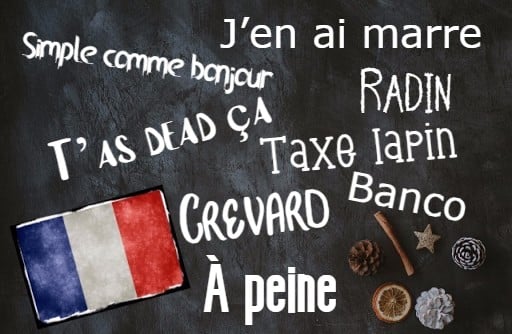Why do I need to know tu piges ?
Because it’s a commonly used slang expression, which is easy to confuse with other variants of the same word.
What does it mean?
Piges is a French word that can mean different things depending on the context, but here means ‘understand’, ‘follow’ or ‘get it’.
Tu piges ? – You follow?
The verb piger means “understand and retain information,” according to French online dictionary l’Internaute.
Another French online dictionary defines it as “comprendre un truc” – ‘to understand a thing’.
It’s colloquial and not really suited for formal settings, so you would not say vous pigez ?, which is the politer version of tu piges.
Use it like this
On ne pouvons pas voyager car la quarantaine reste en place. Tu piges ou pas ? – We can’t travel because the quarantine is still in place. Do you follow or not?
Qu’est-ce que tu ne piges pas en fait ? – What is it you’re not understanding?
Je ne pige pas pourquoi tu t’énerves. – I don’t understand why you’re getting upset.
Synonyms
Tu comprends ? – You understand?
Tu captes ? -You get me?



 Please whitelist us to continue reading.
Please whitelist us to continue reading.
Member comments